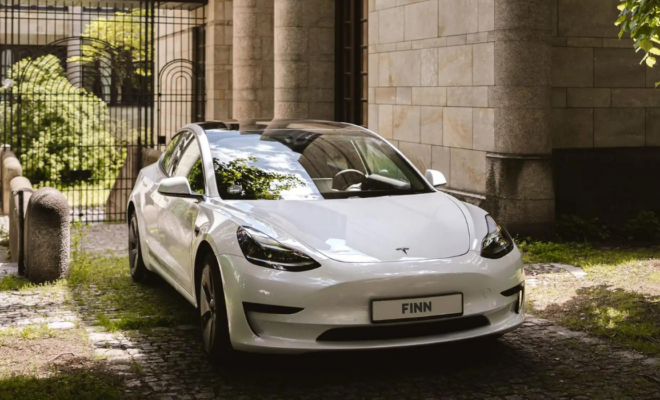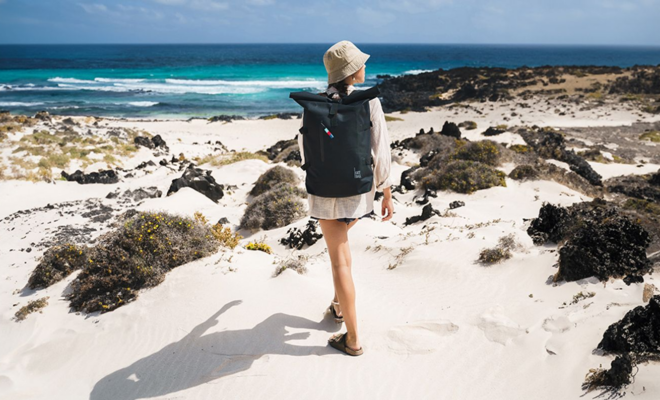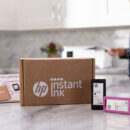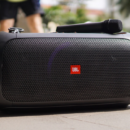The GOT BAG Mission Against Ocean Plastic Pollution
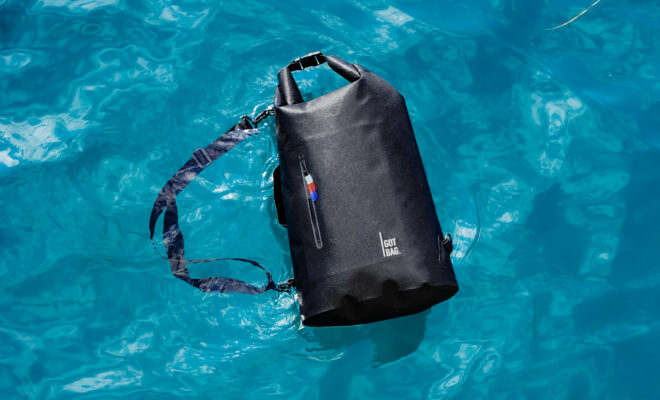
In a world teeming with plastic waste, GOT BAG emerges as a beacon of hope, pioneering a revolutionary approach to combat ocean plastic pollution. With a steadfast commitment to the environment, the company has taken action where others have faltered. Rooted in a profound mission and a drive for change, GOT BAG has harnessed innovation, collaboration, and conscientious consumption to transform the tide against plastic pollution.
Setting the Scene: The Urgent Need for Action
The numbers are staggering. Across the globe, a mere 9% of newly produced plastics find their way to recycling, a mere 12% are incinerated, while an alarming 79% are discarded into nature’s delicate ecosystems. This plastic deluge spells catastrophe for marine life, ecosystems, and the future of our planet. But change is afoot, and GOT BAG is at the forefront of this paradigm shift.
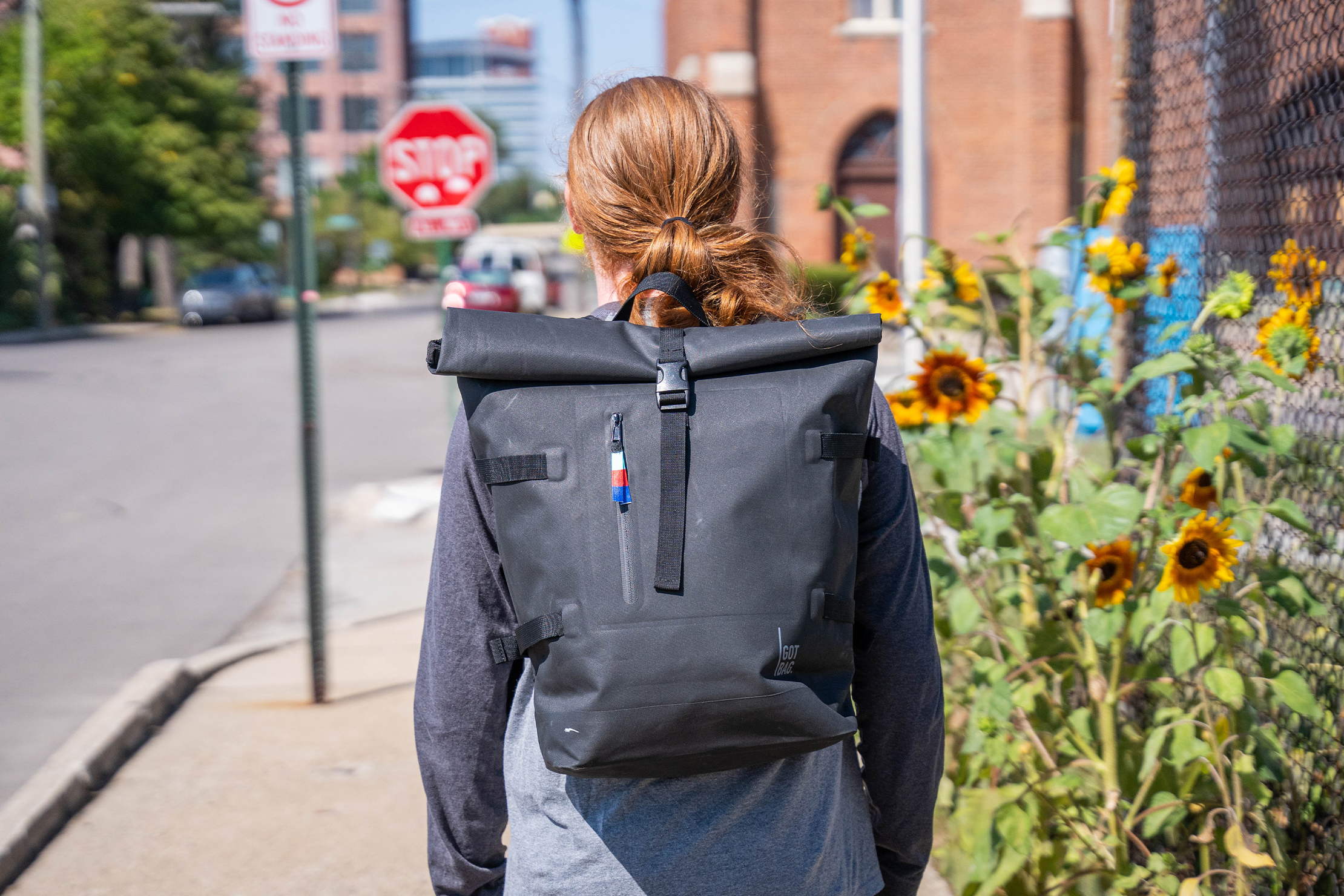
A Mission to Inspire Conscious Change
GOT BAG’s founder, Benjamin Mandos, recognized the need for a radical shift in the way we perceive and use plastic. With an unwavering mission to confront the escalating crisis of plastic pollution in our oceans, the company’s journey began. The mission is simple yet profound: produce less plastic, enhance waste infrastructure, and recycle more effectively. It’s about collective action to safeguard our seas and promote responsible resource utilization.
The Global Conundrum: Plastic Pollution in Southeast Asia
In Southeast Asia, the plastic problem is particularly dire. Indonesia, with its burgeoning population, grapples with the disposal of plastic waste. Astonishingly, plastic constitutes a significant portion of the waste, often finding its way into rivers and oceans. Geographical factors, industrialization, and educational disparities further compound the issue, resulting in improper waste disposal practices. Countries like Indonesia see a staggering 83% of waste improperly discarded into nature, while industrialized nations fare comparatively better at around 2%.

The Plastic Tide: How Pollution Spreads to the Sea
Plastic waste doesn’t just appear in the oceans by chance; it follows a complex journey. Improper disposal, lack of waste management infrastructure, and the ubiquity of plastic packaging all contribute to its journey from land to sea. In Indonesia, these factors converge to create an alarming scenario where immense quantities of plastic end up in the oceans, wreaking havoc on marine ecosystems.
GOT BAG’s Proactive Approach: The Clean-Up Program
GOT BAG’s resolve to tackle the plastic problem is evident in its ambitious clean-up programs. Operating in Indonesia’s Java Island, the company collaborates with 17 communities dedicated to collecting plastic waste. This program goes beyond mere clean-up; it fosters a comprehensive shift in consciousness. Plastic waste collected is not only prevented from entering the oceans but is also transformed into reusable materials. The establishment of the GOT BAG Indonesia Foundation further solidifies the commitment to making a lasting impact.
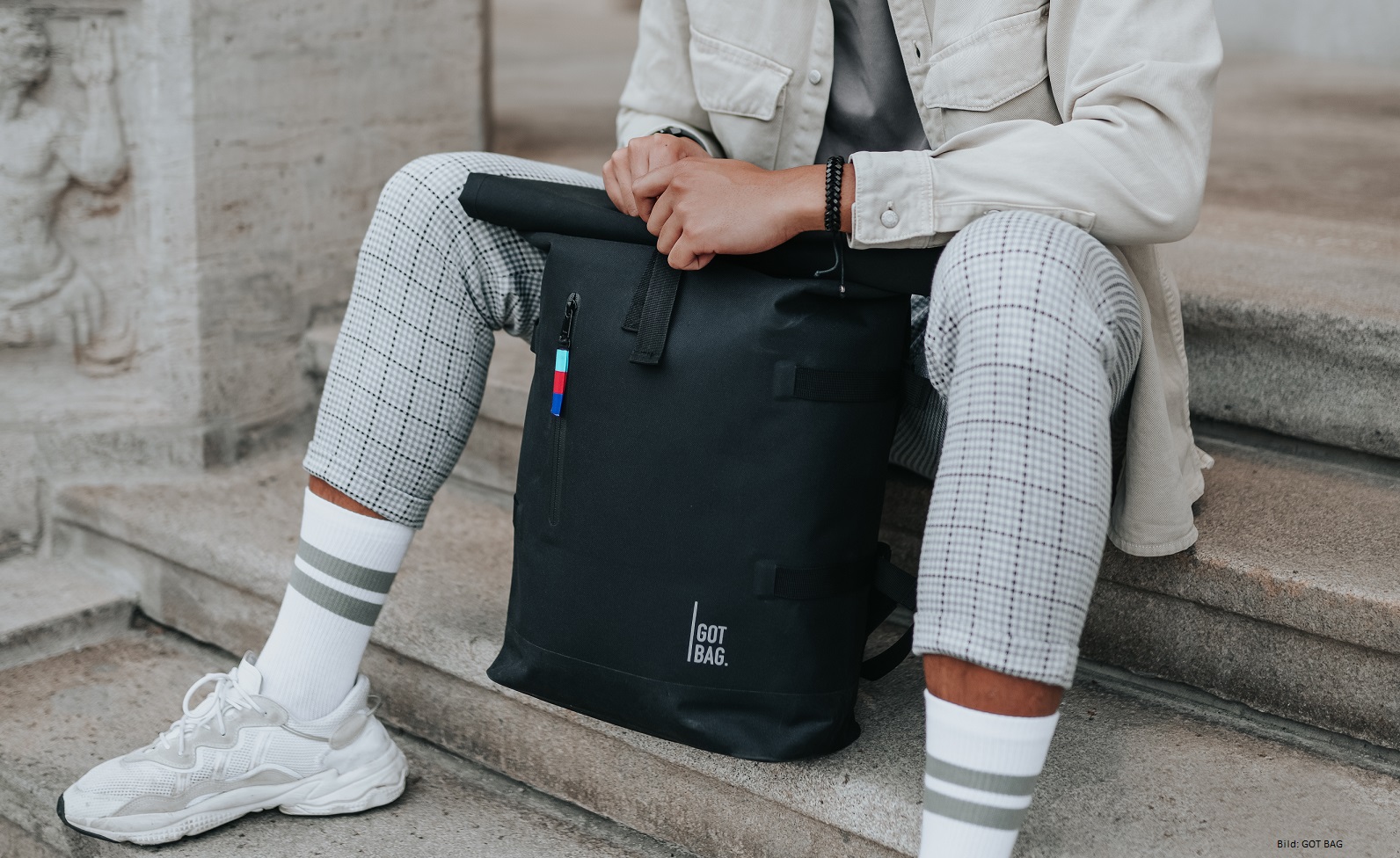
Ocean Impact Plastic: A Symbol of Transformation
GOT BAG’s innovative approach has birthed a transformative concept: Ocean Impact Plastic. This material is collected from the ocean and its periphery, encompassing mangrove areas, rivers, and immediate post-consumption settings. This signifies a shift from waste to resource, as plastic once perceived as a threat becomes a symbol of positive impact. Ocean Impact Plastic encapsulates the promise of change, reflecting the dedication of the GOT BAG community.
The Journey of Products: From Sea to Community
GOT BAG’s products embody its ethos. Ocean Impact Plastic collected from the Indonesian waters forms the foundation of their textiles, crafted in China due to its strategic geographical location. This process bridges continents and cultures, uniting communities in the pursuit of a common goal: to transform plastic pollution into a catalyst for change.
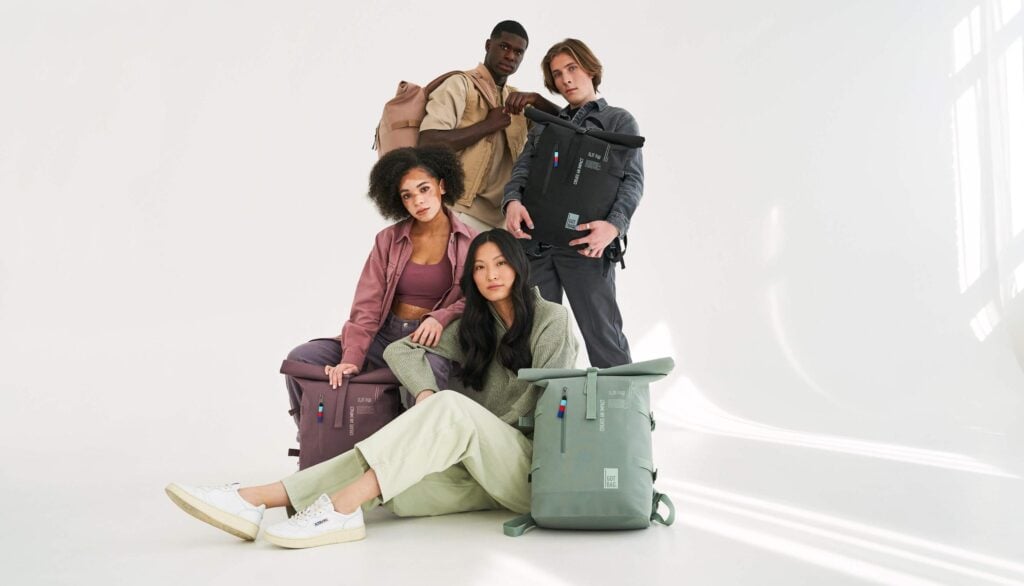
Challenges on the Path to Transformation
GOT BAG’s journey isn’t without obstacles. While their clean-up program and supply chain have made significant strides, challenges remain in recycling various plastic types, scaling operations, and increasing the percentage of recycled materials in their products. However, these challenges serve as catalysts for innovation, propelling GOT BAG towards a circular economy and a sustainable future.
Quality, Durability, and Circular Economy
The products that emerge from GOT BAG’s transformational process embody a circular economy in action. Each item serves as a testament to the possibility of repurposing plastic waste into durable, high-quality products. This paradigm shift underscores the importance of responsible consumption, innovation, and collaboration in driving lasting change.

Empowering a Movement: The Role of Community and Collaboration
Benjamin Mandos’ vision extends beyond products; it envisions a world united against plastic pollution. The partnership between GOT BAG and local communities has cultivated ambassadors for change, individuals who champion recycling, educate their peers, and advocate for ocean health. This community-driven approach empowers societies to become custodians of their environment, fostering a profound and lasting transformation.
Conclusion: A Bright Horizon Ahead
GOT BAG’s journey is one of transformation, resilience, and hope. What began as a response to an urgent crisis has evolved into a movement that transcends borders and cultures. With each Ocean Impact Plastic item, a testament is forged, illustrating the power of human determination and innovation. As the world grapples with environmental challenges, GOT BAG stands as a testament to the fact that change is possible, and a brighter, more sustainable future awaits those who take action.

